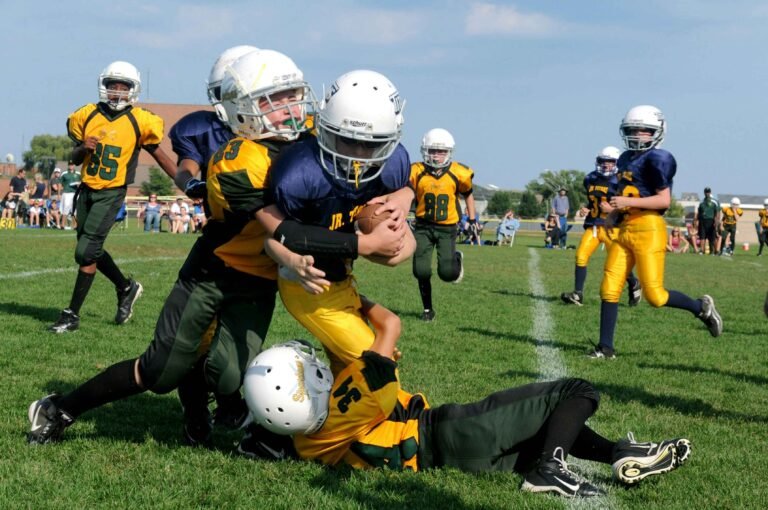Artificial intelligence is expanding its wings from investigations to managements in the field of medicine . The introduction of wearable devices has revolutionized patient data collection by enabling continuous monitoring in dynamic states. It is expanding its horizons to include injury prevention and risk prediction in sports.
AI is a branch of computer, science that is broadly defined as “mimicking human cognition using machine and/or computer science technique. Machine learning is a subdiscipline of AI in which computer algorithms learn from large datasets and identify interactions patterns among variables without human interference.
Today, portable devices are available to obtain high-quality data from brain activity, muscle activity, eye trackers, skin temperature detectors, and more. Indeed, while they are commercially focused on health monitoring, researchers have long envisioned capturing a wider range of data on users. A computer capable of collecting valuable information on a person’s brain activity, heart and skin functions, or movement patterns would gain a profound understanding of the user.
However, AI could be the ultimate game changer. By combining smaller wearables with AI algorithms to process the data, we could develop tools that significantly enhance and elevate our goals and performance in life. The integration of artificial intelligence in sports enhances athlete performance and safety, refines game planning, and increases fan engagement.
Classic wearable devices such as smartwatches, GPS vests, and fitness bracelets have become essential for tracking metrics like distance, sprints, and speed. They assist coaches in optimizing team selection and player workload while reducing the risk of overtraining and injury. Wearable devices equipped with GPS sensors monitor an athlete’s location, speed, distance travelled, and movement patterns. An AI-powered application can further analyse these movements using heatmaps to evaluate whether the athlete’s performance aligns with the team’s tactical goals.
In the current trend, algorithms are pivotal across the entire sports life cycle, encompassing athlete recruitment, training, performance analysis, audience experience, media, and management.
The Benefits of AI in sports.
Optimizing training and game strategies using data analytics and real-time insights.
Improving injury prevention, diagnosis, and rehabilitation through anomaly detection.
Data-driven, unbiased decisions that promote a fairer progression in athletes’ careers.
More precise refereeing decisions, enabled by IoT sensors and computer vision.
Democratization of sports and new career opportunities through app-based talent scouting.
Enhanced fan engagement and an improved user experience through AI-generated highlights.
Boosted revenues for sports and media companies through AI-driven marketing.
Automation of labor-intensive processes, such as AI-generated fact sheets and videos.
To build a career in Sport Rehabilitation, visit us at Department of Physiotherapy, School of allied health sciences, Asian Institute of Public health University, Bhubaneswar (https://aiph.ac.in/).






